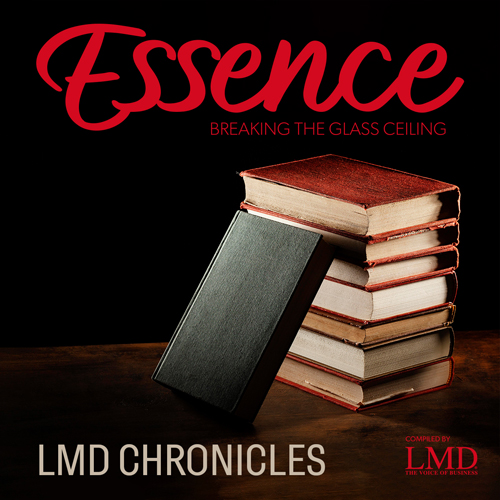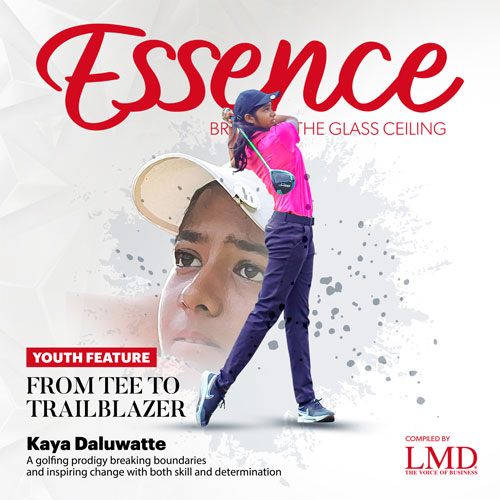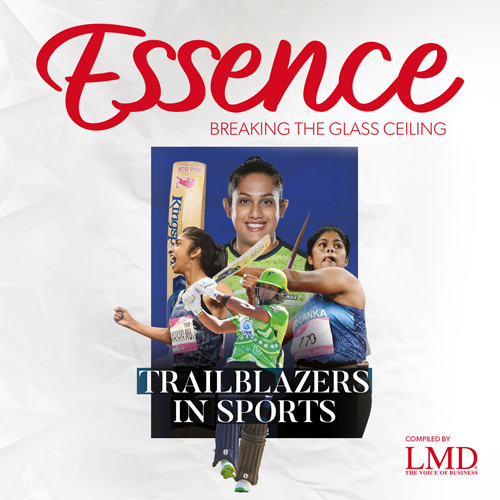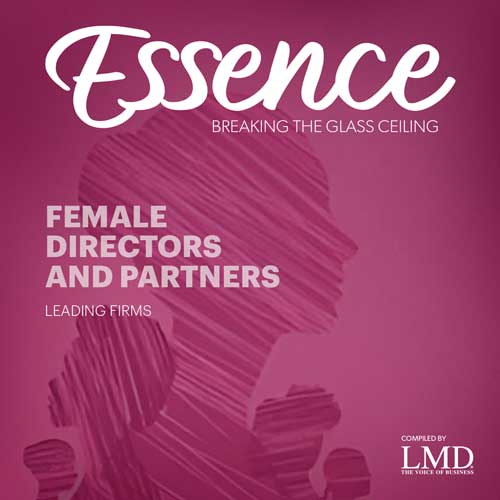GENDER INCLUSION
CINEMATIC EMPOWERMENT
Isuri Wijesundara offers precious insights into her unprecedented journey in Hollywood

Q: Can you share your experiences as a Sri Lankan actress in the US?
A: There’s a growing population of Asian artistes in the US but so few Sri Lankans. And it’s hard to create a sense of community because there are very few of us.
The first person I turned to was Sanjit De Silva, whom I discovered during the last year of my undergrad degree. He was performing at a theatre that I’ve greatly admired for a long time so I forged a relationship with him by stalking him on Facebook and sending him a message.
I’m very glad I did because he has helped in many ways. He offered me my first professional job when he and his wife wrote a play, which I worked on for three years.
Sanjit also helped me get in touch with other Sri Lankans in the city. I can count on both hands the number of Sri Lankan artistes – specifically actors – that I know of in the US. It’s tricky… but times have changed and I want to remain optimistic.
Simultaneously, I believe my most noteworthy accomplishment is that I played a Sri Lankan for the first time in Little America. I’d been in the US for about seven years at that point and never had the opportunity to audition for a role as a Sri Lankan; instead, it had always been for South Asian roles without any particular focus on our culture.
It was very special to be able to have a character name that was familiar to my ear.
Q: How have your experiences shaped your perceptions of the entertainment industry?
A: We live in an era that accepts Asian stories. This includes stories from countries that the Western world is more aware of and nations that it isn’t familiar with, which is where we fit in.
Few people are willing to make that investment and share these stories.
I’m grateful that ours was one of the stories picked for the second season of Little America so we have more space but it’s still an uphill battle. Although we are slowly climbing the mountain, it continues to get steeper. However, we keep aiming for the top, which is difficult – but I believe that we will persevere to be able to share our stories.
Q: What achievements in your career are you most proud of?
A: It’s difficult to pick one that I’m proudest of because I put my heart and soul into everything I do. Off the cuff however, there are three that I’m very proud of.
One is Little America; second, completing graduate school; and the third is a project that I completed, which involved working with Sri Lankan author Amanda Jayatissa in which I had the honour of narrating her newest book Island Witch.
The book is a beautiful story about female empowerment that follows yakku rituals and Sri Lankan folklore. In most folklore stories, women are portrayed as scary demonic witches but in this book, women are the vehicle of empowerment and Mother Nature is on our side.
For me, the scariest part of this project was that I’d never taken on a job speaking Sinhala as my career has been English driven.
Since I’ve been away from home for a long time, it’s harder to read ‘Singlish’ than Sinhala. I asked the producer for support and was told that if I knew someone who could do the translation for me, I could bring him or her on board.
The first person that I turned to was my mother. I called Ammi and said that I’d be sending a 400 page script for her to translate the last 200 pages, which she did. I wouldn’t have been able to record this book if not for her support. It was an honour to be able to read Ammi’s beautiful handwriting.

Q: And what changes have you observed in the way women are portrayed on screen?
A: After 2023, which was the year of the woman – with Barbie, Beyoncé, Taylor Swift and so on – I believe that we’re creating more space for female stories and women led storylines to shine.
We’re also in the thick of awards season and the biggest Oscar snub, in my opinion, was Greta Lee’s failure to receive a nomination for Past Lives.
In a number of stunning interviews, she discusses how the multilingual element of the movie scared her, which is how I feel as someone who is bilingual and hasn’t spent a large part of her childhood in the US.
The film was masterfully produced from the perspective of the feminine gaze – calm, reassuring and clearly written, and conceptualised by a woman to provide audiences with such consolation.
We’ve certainly changed the landscape of storytelling: it’s simply a matter of who is in power to make those decisions come to life.
I’ve also found social media to be a powerful tool for female empowerment in the industry as women can find and support each other through the work that they do. I don’t think I could have gotten through 10 years of living in America if I didn’t have the female best friends that I do – they hold me regardless of what emotional state I’m in, which is truly important no matter what industry you’re in.





